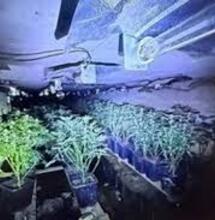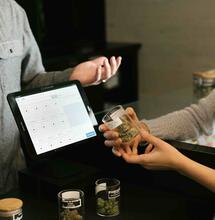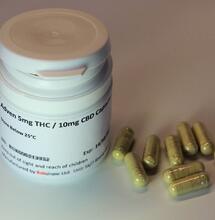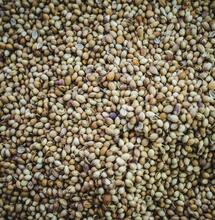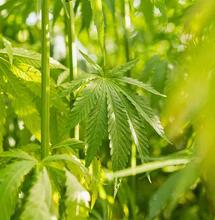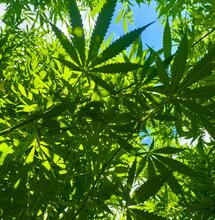Czechia Place Ban on HHC
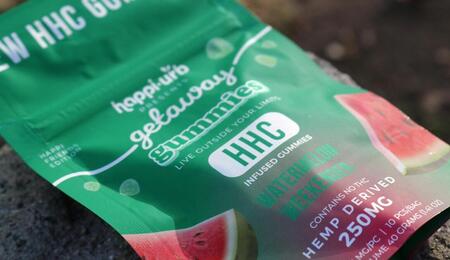
The Czech government is to place HHC on the list of banned substances. The move has been initiated by an increase in the number of cases of intoxication amongst the youth of the country. Whilst only a temporary ban, drug policy experts along with HHC vendors see this as a big mistake. Agriculture Minister Marek Výborný confirmed the ban on February 14th.
An estimated 170 children and young people have been hospitalised in Czechia in recent months as a result of overdosing on products infused with the semi-synthetic cannabinoid HHC.
Until now, HHC products including vapes, oils and sweets, have been free to use and purchase in Czechia. The popularity of these products has boomed over the last few years, most notably amongst the young who can easily purchase them from vending machines.
As a result Vendors with stockpiles of HHC products, have now placed their items on sale before the new regulations take effect around March.
Vendors further point out that other than causing them a sales headache, a complete ban will also hurt those who use HHC for medical reasons, such as a therapeutic for chronic pain. The fear is that the ban will push current users towards the black market to obtain supplies.
The ban also covers other semi-synthetic cannabinoids including HHC-O and THC-P. Before the ban, the Czech authorities could not reach an agreement on the option of just withdrawing these products from sales.
The temporary measure will have to be reviewed by the European Commission before it is put into action which will take roughly 3 months.
Once enacted, the distribution and possession of any amount of HHC will be punishable as will the possession of HHC-containing products. Penalties will range from a fine of up to CZK 15,000, to imprisonment for possession of large quantities. The only exemption will be industrial hemp which is permitted to contain trace amounts of HHC.
The ban is currently set to expire in Jan 2025, when Czechia will more than likely amend its national law on addictive substances and possibly legalise the recreational use of cannabis and create a regulated market.
Critics have also argued however that the ban is pointless as HHC producers will easily find their way around the law. a similar ban in France has only led to the invention of brand-new “legal” synthetic cannabinoids.
For example, HHC-P is an infamous derivative of HHC that is up to ten times more powerful than HHC. Other strong substances such as THC-B and THC-H may also start to move to the forefront as HHC is banned. The bottom line is that the proposed ban does not account for any of these other cannabinoids or any newly created creations that could be just as dangerous, if not more so.
More on this topic from Soft Secrets:
